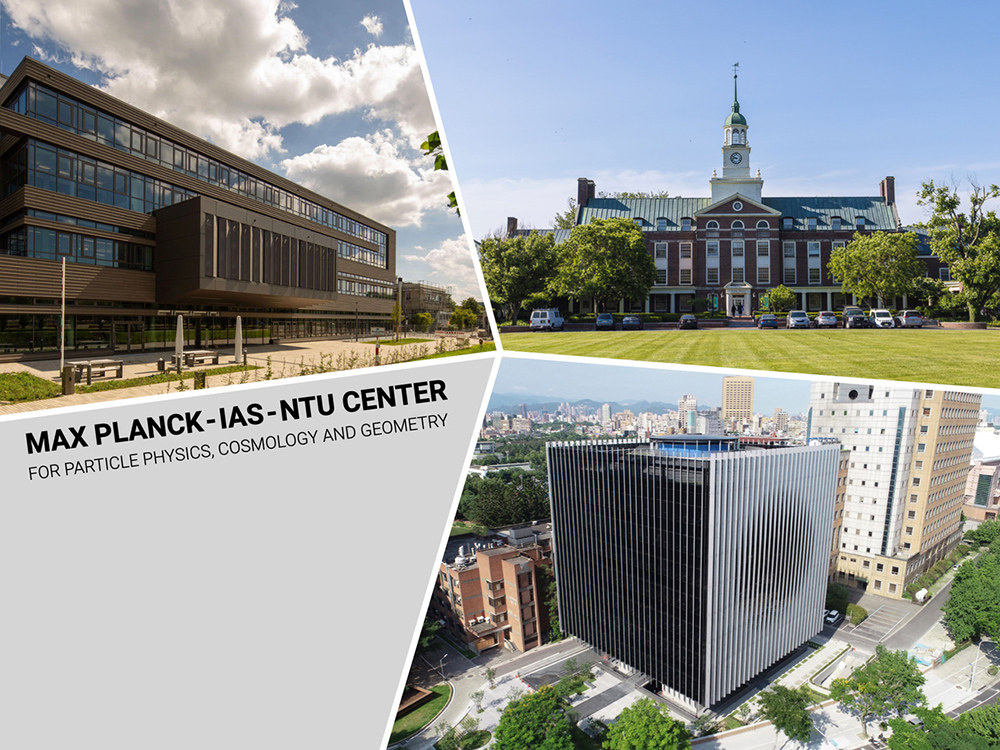
A Distinguished Global Research Center Established at NTU under Trilateral Cooperation
瀏覽器版本過舊,或未開啟 javascript
請更新瀏覽器或啟用 javascript
Spotlights
A schematic model illustrating the epigenetic regulation of epithelial genes in the repressed poised or active state during EMT and MET involving intermediate phenotype changes.
EMT diversity is represented by an EMP model with the accumulated loss or gain of E/M characteristics pushing a cell towards various intermediate states.
Epithelial–mesenchymal transition (EMT) is a crucial mechanism during early embryo development, encompassing dynamic changes in cellular organization from epithelial (E) to mesenchymal (M) phenotypes, leading to functional changes in cell migration and invasion, driven by an evolutionary conserved set of inducing signals, transcriptional regulators, and downstream effectors. EMT has been demonstrated to occur in a diverse range of physiological and pathological conditions such as tissue regeneration, tissue fibrosis, and cancer metastasis. Over the past 20 years, the EMT research field has grown exponentially. In 2019 alone, over 5,700 publications have been indexed by the Web of Science. This growing interest warrants the need for a consensus among researchers undertaking research on EMT.
The EMT International Association (TEMTIA), the official academic society for the EMT field, was established in 2003. During the 2017 biannual meeting held in Houston Texas, many EMT scholars started the idea to provide the international EMT field with clear guidelines for EMT research. After a 2-year-long discussion, the “Guidelines and Definitions for Research on Epithelial–Mesenchymal Transition” was published in April 2020 in the journal Nature Reviews Molecular Cell Biology. Prof. Ruby Yun-Ju Huang (黃韻如) of NTU’s School of Medicine was the only Taiwanese scholar among the contributing co-authors.
The guidelines recommend the following:
The guidelines further emphasize a new concept, epithelial–mesenchymal plasticity (EMP), to describe the ability of cells to adopt mixed E/M features and to interconvert between intermediate E/M phenotypic states arrayed along the epithelial–mesenchymal spectrum. Prof. Huang has long been dedicated to the research of this intermediate E/M state. She defined the early events of EMT in 2012 (doi: 10.1242/jcs.099697), and in 2013 proposed the paradigm shift of the EMT concept from binary to a continuous spectrum (doi: 10.1038/cddis.2013.442). In 2014, by using big data analysis of 13,000+ cancer gene expression profiles, her group pioneered in establishing EMT signatures and defining the EMT scoring (doi: 10.15252/emmm.201404208). In 2019, her team proposed a mechanism to explain the ability to interconvert between intermediate E/M phenotypes involving the interplay of an epithelial transcription factor GRHL2 and epigenetic modifiers in CpG methylation and nucleosomal remodeling of epithelial genes (doi: 10.1038/s42003-019-0506-3).
To learn more about the EMT mechanism, please refer to NTU Speech for Prof. Ruby Yun-Ju Huang’s lecture: http://speech.ntu.edu.tw/ntuspeech/Video/id-2844.
Prof. Ruby Yun-Ju Huang is under the support of the Yushan (Young) Scholar Program, a talent recruitment initiative of the Ministry of Education, Taiwan. Her interview for the Yushan Project can be found: https://www.youtube.com/watch?v=MSgQCbDwxQE; her EMPreSS Lab at NTU: http://rubyemtspectrum.cm.ntu.edu.tw/web/home.

A Distinguished Global Research Center Established at NTU under Trilateral Cooperation
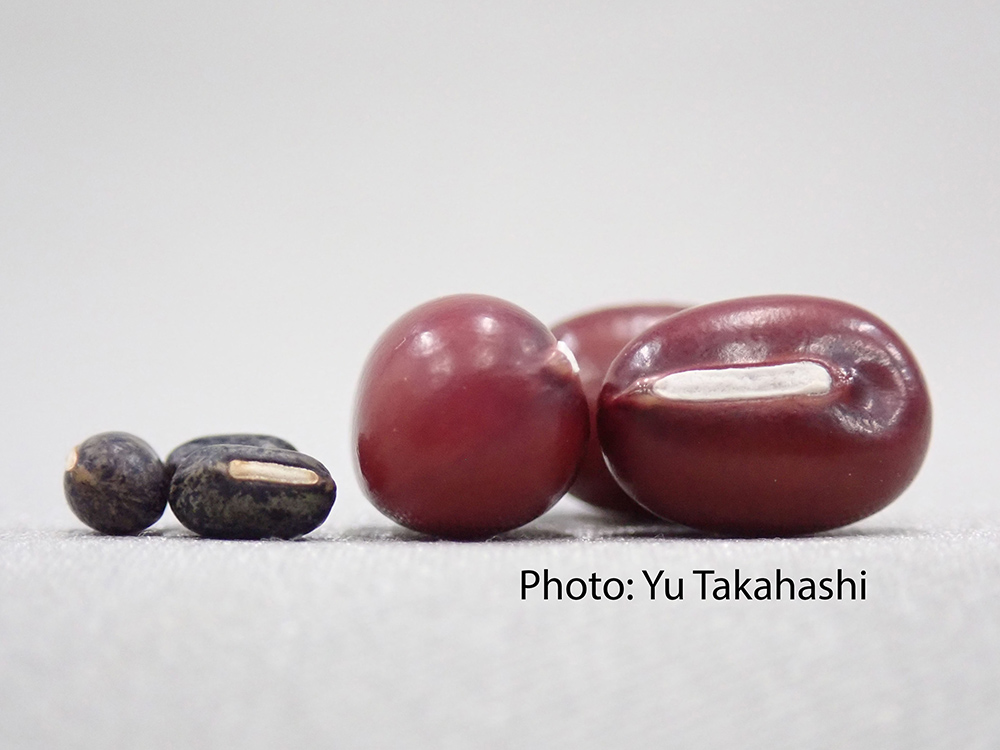
Collaborative study between NTU and Japan uncovers the origin of Adzuki Beans and agriculture in Japan
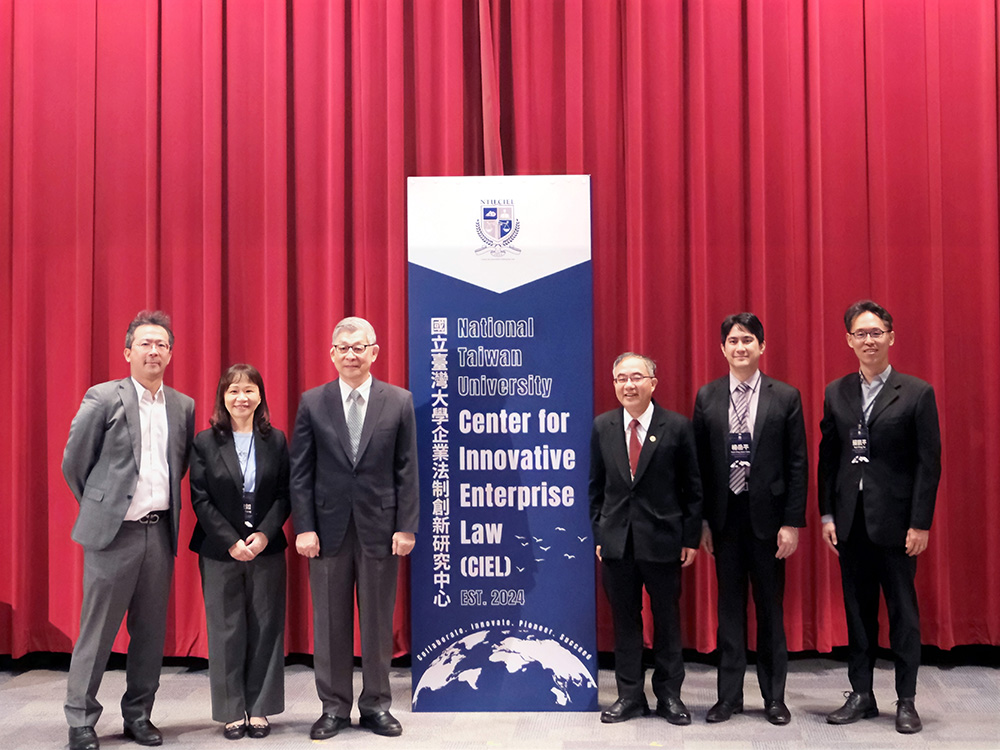
NTU Launches Center for Innovation in Enterprise Law—with Forum Highlighting Trump’s Policy and Legal Shifts Amid Geopolitical Tensions
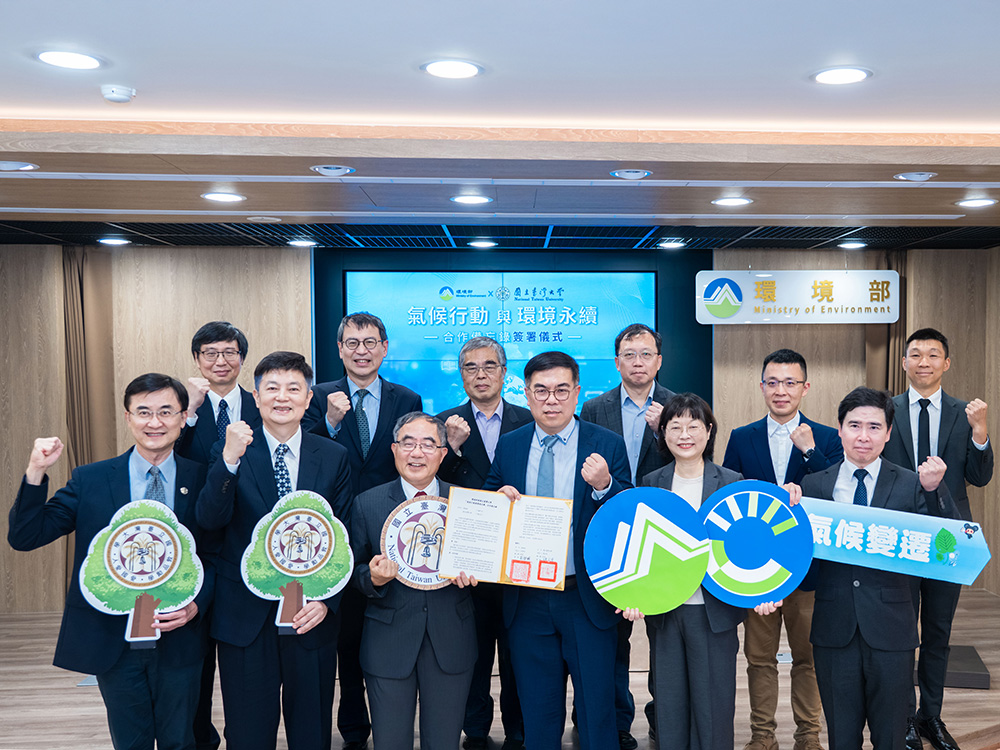
NTU and Ministry of Environment Sign MOU to Advance Net-Zero Transition and Environmental Resilience
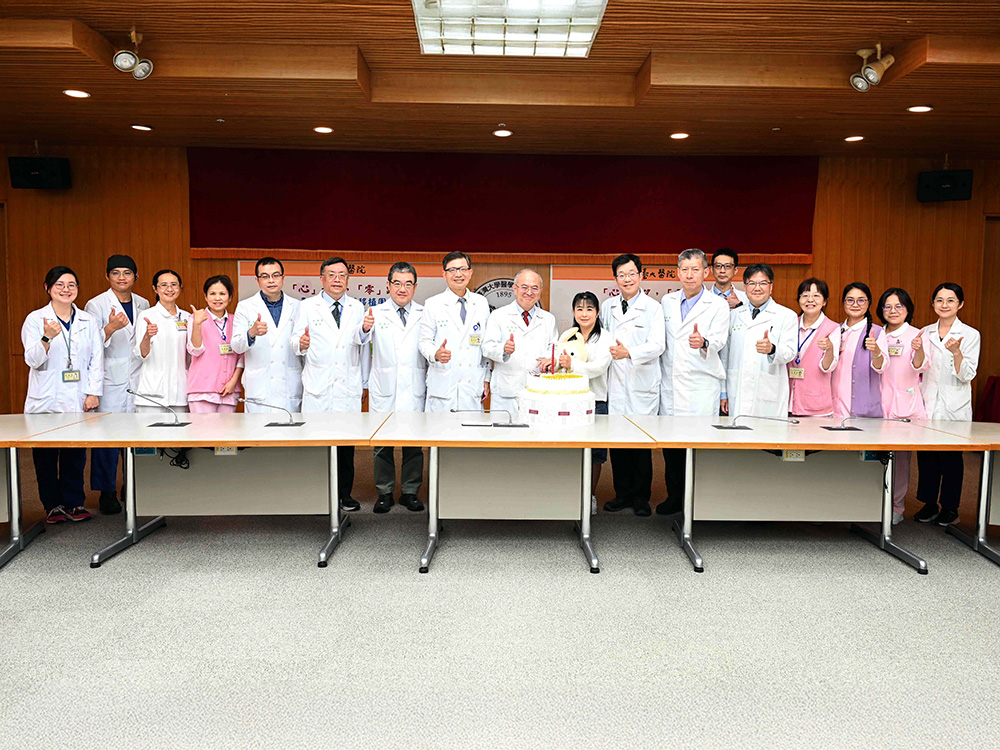
NTU Hospital’s Cardiac Transplant Team Pioneers Beating Heart Transplant with Zero Ischemic Time
Current Spotlights